abm’s specially formulated MasterMixes contain next generation enzymes & all ingredients premixed into an optimised format.
qPCR MasterMixes
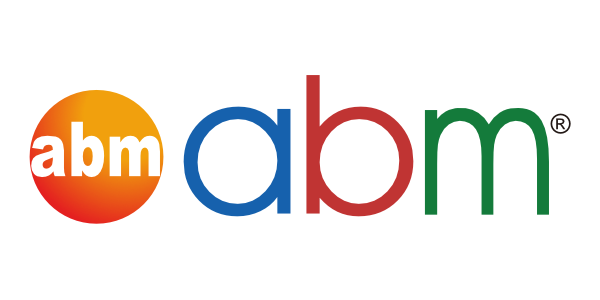

abm’s specially formulated MasterMixes contain next generation enzymes & all ingredients premixed into an optimised format.

abm provides kits for the detection and elimination of Mycoplasma.

abm provides viral transduction enhancers for Lentivirus and AAV.

Get accurate titer results in only 1 hour with abm’s collection of viral titre kits for adeno-associated virus (AAV), lentivirus, and retrovirus.
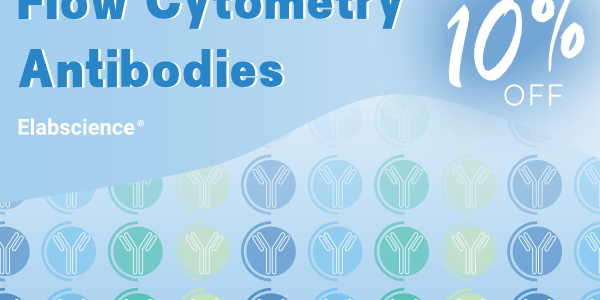
Get 10% off Elabscience’s Flow Cytometry Antibodies until 30th June 2025! Contact us with promo code ‘ElabFCM-2025’ to redeem this offer.
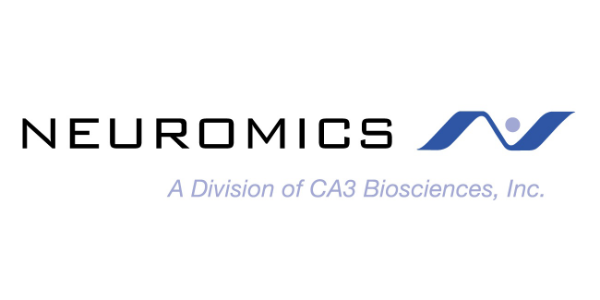
Neuromics is proud to introduce their newest pioneering research tools – human Cas9 expressing primary cells and GPCR expressing cell lines.
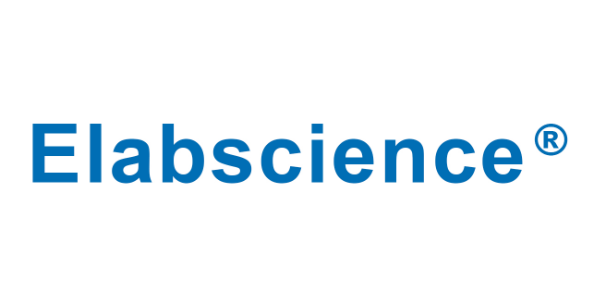
Comparison study data between Flow Cytometry antibodies from Elabscience, BioLegend and BD Biosciences.

Get 5% off Cloud-Clone’s ELISA Kits for Small Molecules until 31st May 2025! Contact us with promo code ‘Cloud-ELISA-5’ to redeem this offer.

Get 5% off Cloud-Clone’s ELISA & CLIA Kits for Liver Biomarkers until 31st May 2025! Contact us with promo code ‘Cloud-ELISA-5’ to redeem this offer.
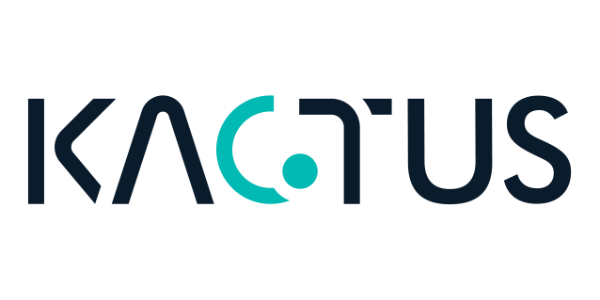
KACTUS have developed a dsRNA Quick-Quantification Kit to detect the presence of undesired dsRNA molecules in IVT reactions or dsRNA in viral/non-viral nucleic acid extracts.